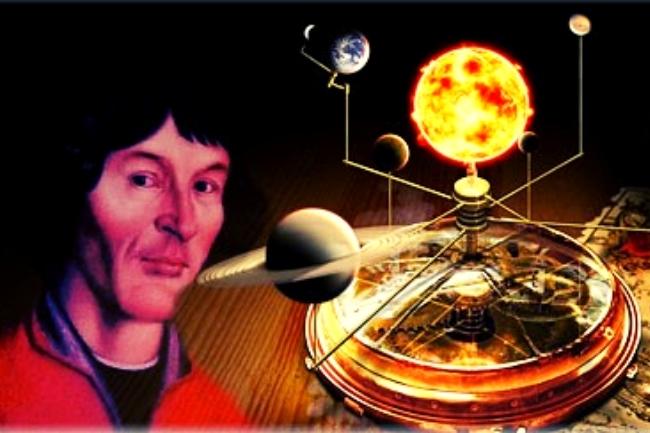Posts com a Tag ‘CONDÉ Mauro L. (Org d)’
Historiography of Science in South America (Argentina, Brazil and Uruguay) | Transversal | 2021
Nicolau Copérnico (1473-1543) | Imagem: Netnature
As we know, philosophical and scientific ideas and thoughts circulate around the world. However, of course, the context of reception of these ideas is not necessarily the same as it is in the soil where they were created. Receptions are reflected from other contexts and usually meet other demands, creating other actions, technological deployments, and products. Historiographical reflection on science is no different. Ideas on the history and philosophy of science that emerged in Europe, especially from the first half of the 20th century, arrived in South America and generated new reflections and productions based on local realities. In an effort to establish itself in the southern continent of America and seek its institutionalization in these lands, it was necessary to find tools that could help the historical and philosophical understanding of the young science. Leia Mais
Wittgenstein and the Sciences: History and Philosophy of Science and Science Education | Transversal | 2021
Still under the terrible impacts of the pandemic, we have reached the tenth issue of Transversal: International Journal for the Historiography of Science. In this edition, we could honor Ludwig Wittgenstein, the man who was not only one of the greatest philosophers of the twentieth century but, with no fear of being mistaken, one of the greatest philosophers of all time. The 100th anniversary of the publication of Wittgenstein’s first book, the Tractatus Logico-Philosophicus, was our inspiration for the proposal of this special issue. However, most of the articles presented here do not deal specifically with the first philosophy of the Austrian philosopher but mainly with the later Wittgenstein’s work and its possibilities to analyze sciences.
Wittgenstein’s work reaches its centenary, but this obviously does not mean that we have already had the possibility of understanding it completely. An affirmation that becomes more dramatic, when considering the second phase of his thought, not only for being more recent but, above all, for presenting a disconcerting philosophical innovation, thus confronting more than two thousand years of philosophy. Therefore, more than a work of reference, Wittgenstein’s thought constantly offers us new possibilities with each new look that we cast upon it. Leia Mais


